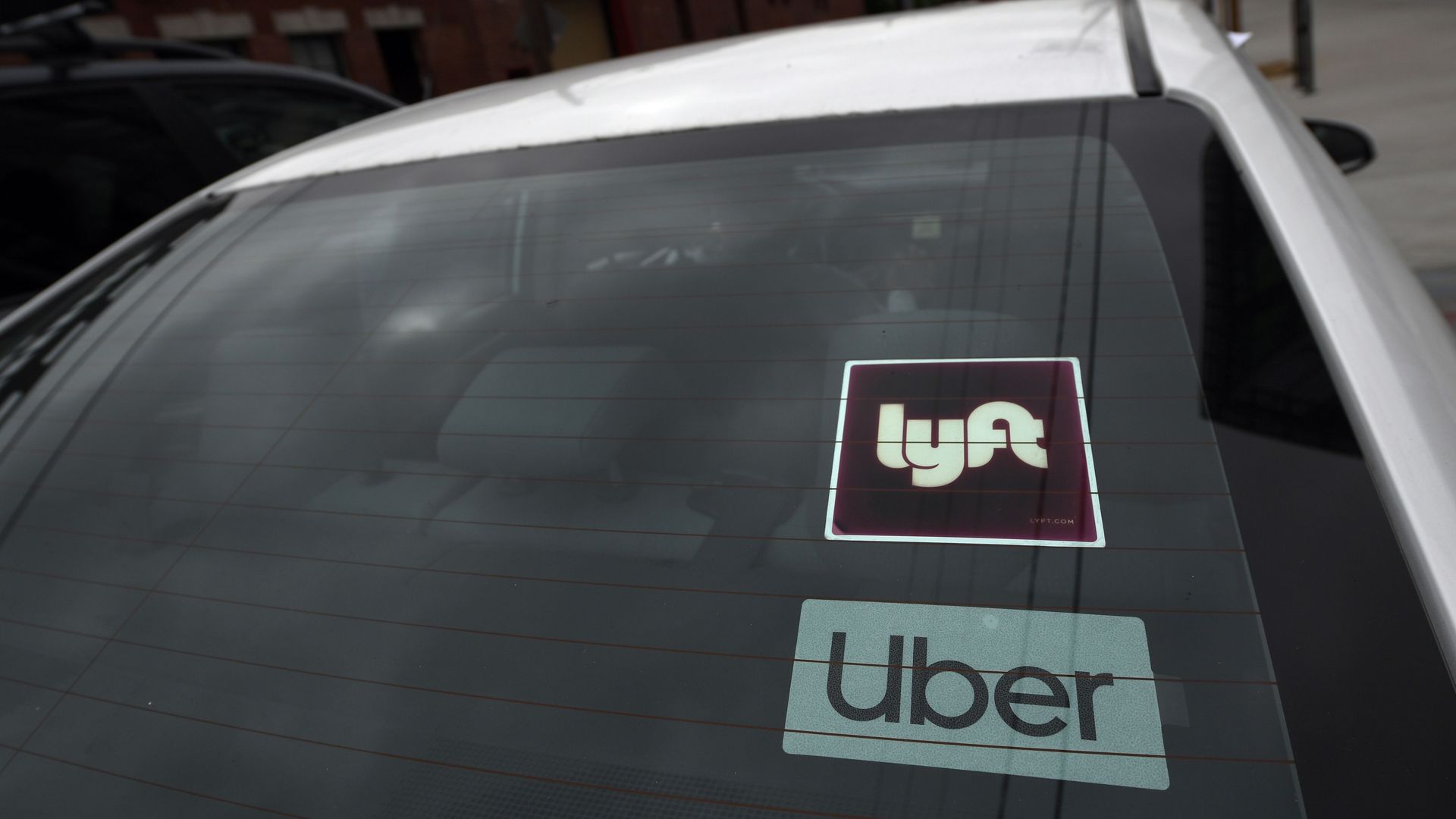Dec 14, 2020 - Technology
Uber and Lyft start rolling out new benefits to California drivers
Add Axios as your preferred source to
see more of our stories on Google.

Photo: ROBYN BECK/AFP via Getty Images
Add Axios as your preferred source to
see more of our stories on Google.

Photo: ROBYN BECK/AFP via Getty Images